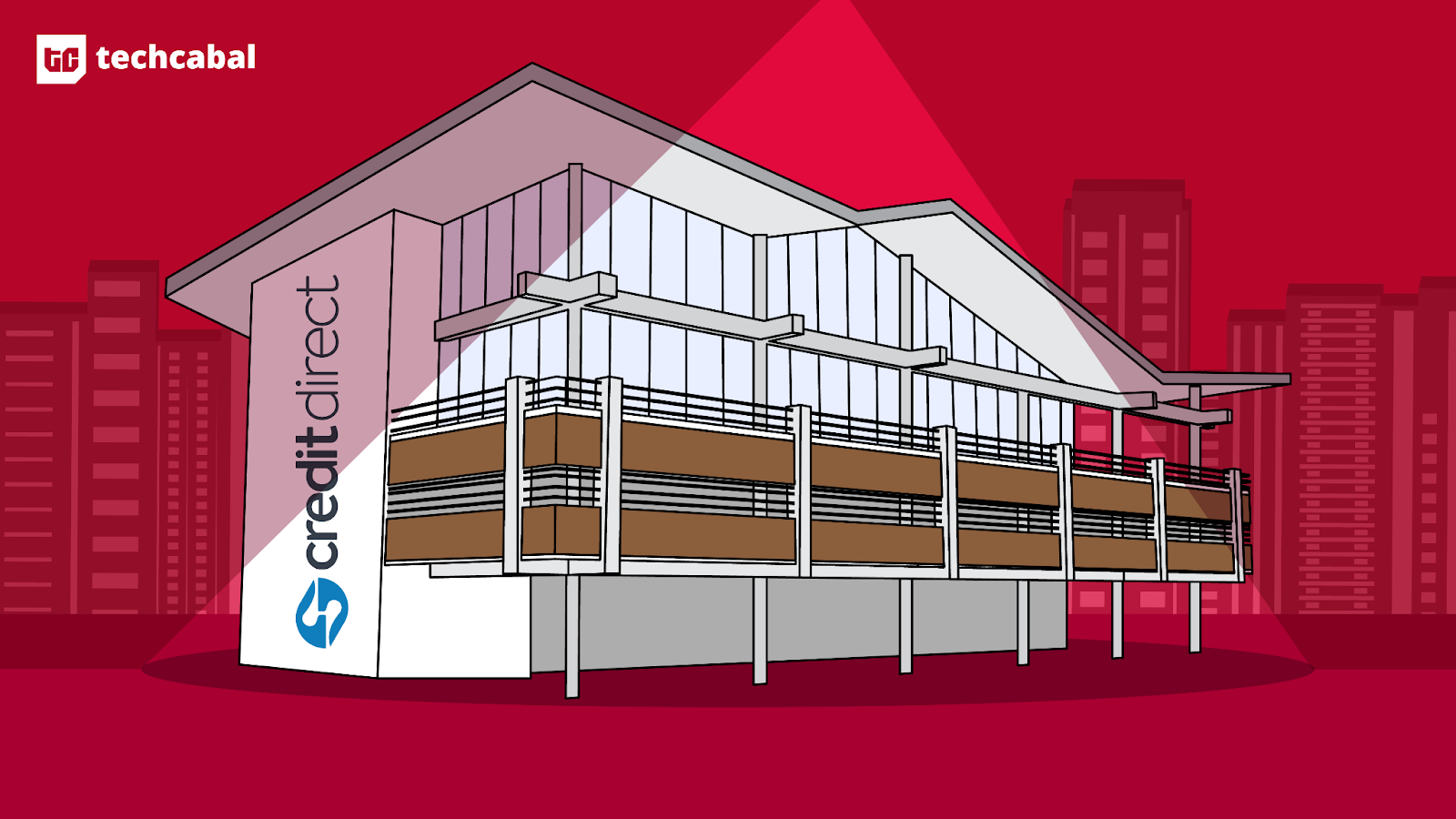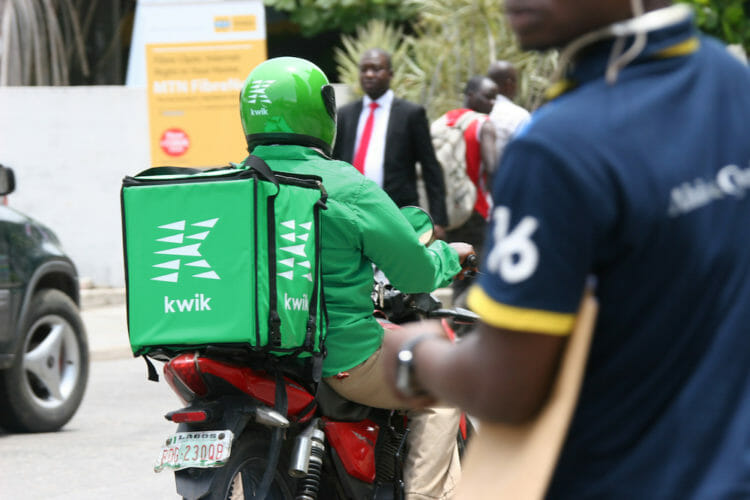Digital lending is notorious for teaching expensive lessons. While every lender will talk up their proprietary algorithms and foolproof loan decision systems, many loan books will show that few have hacked profitable lending.
Yet, Credit Direct, a digital lender whose name may not draw a flicker of recognition from most people, reported ₦4bn ($2.6 million) in profits for 2023. It will likely exceed that number in 2024 after recording ₦2.9 billion pre-tax profit for Q1.
The company’s return on equity–a metric that shows how well a company squeezes profits from the assets on its balance sheet–is 45.5%. GTCO, one of Nigeria’s most efficient financial institutions, has a return on equity of 44.82%.
It did not arrive here without some lessons; in 2016, the company had a loan loss provision of ₦4.6 billion after attempting to expand its customer base. Inefficient loan decision systems and the steep cost of refining those decisions may have driven those losses.
But those dark days are firmly in its rearview. With experience as one of the oldest non-bank lenders, it is making another push to grab a larger size of the lending pie.
“I think Credit Direct is Nigeria’s most successful fintech. We’re easily the most profitable,” says Chukwuma Nwanze, the company’s CEO.
For all its success and longevity—the business is 17 years old—it’s not as popular as say, Fair Money or Palm Credit despite being a subsidiary of the FCMB Group.
Other traditional banks talk up their subsidiaries—GTCO has touted Squad’s profitability, and Access Group will talk about Hydrogen to anyone who cares to listen–but FCMB Group has been happy to let its uber-profitable subsidiary move in silence.
Yet, there’s a group of customers to whom Credit Direct is a household name: civil servants.
Credit Direct is one of the most popular digital lenders among paramilitary officers: members of The Nigerian Police Force, The Nigeria Customs Service, Civil Defence, the Nigerian Correctional Service and the Lagos State Traffic Management Authority (LASTMA).
It has given loans to 1.5 million civil servants across 25 cities and states.
“For federal government employees, the average loan size is around ₦450,000 monthly. For state government employees, it differs. In Kogi state, it’s around ₦120,000 while it’s ₦300,000 in Lagos.”
“Across our entire portfolio, the average loan size is around ₦250,000. For businesses, it’s ₦4.5 million.
These government workers, with their famed job security, are dream customers. Thanks to a partnership with the state and federal government, their loan repayments are deducted as soon as they receive their salaries, significantly lowering the chance of defaults.
The customer segment is not without risk. State governments often fall behind on salary payments, making it difficult for employees to repay loans. In August 2022, the Nigerian BudgIT, an organisation that promotes transparency in government, showed that 12 state governments were owing salaries. Lenders in the sector need to have their wits about them.
Once you figure out how to balance out the risks, lending to civil servants may help build a stable business. But it will leave you with a perception problem and a lack of visibility among another significant market segment: private sector workers.
“We have almost 30% of market share when it comes to lending to guys in the public sector so we are characterised as a civil service business. That is the narrative we need to switch.”
Part of that switch drove a digital transformation initiative that has reduced its reliance on loan agents that trawl government offices offering loans and ensuring prompt repayment.
It has cut down its number of agents from 1,500 to 400 at a time LAPO Microfinance Bank, one of its fiercest competitors, continues to leverage agent distribution. But Nwanze, who became CEO in 2023, believes digital channels are the key to expansion and scale.
“25% of our sales last year were through USSD. It accounted for over 20 billion in terms of loans originated in 2023.”
Despite a prompt on its website to download a mobile app from the Apple Store and Google Play store, nothing happens when they click the prompt. The company shared that it does not have a customer-facing app.
It’s doing brisk business regardless and claims to disburse around ₦500 million daily and says all its loan decisions–made by assessing several data points to determine willingness and ability to repay—are digital.
“We are not in the business of giving all those very quick five thousand, twenty thousand loans at 28% per month.” Instead, it has defined pricing for customer segments depending on the risk.
It claims its loans are priced at around 3.5% to 4.5% per month.
“We are very efficient around pricing. we look for those key points that will make that customer always come. If you work in the private sector and based on your credit history and whatever variables we do, we can then adjust our pricing but we never take it up to an unreasonable level.”
We attempted to take a Credit Direct Nano loan—a personal loan capped at ₦50,000–at the time of this article but didn’t receive a decision in the ten hours it took to publish this article.
That timeline may not win it a lot of fans in the private sector it is expanding into. It may offer better rates than competitors, but will also need to account for speed. Nwanze acknowledges as much.
“Many people consider speed and convenience over price. Will they get the money now?”
Ultimately, Credit Direct is unfazed by competitors in the new space it is looking to grab market share in. With a belief that customers don’t have any real loyalty to a single financial institution, it will be banking on 17 years of data, its expensive lessons and impressive growth over the past year to change its perception.
Will the second push for a larger make be the charm? Only time will tell.






















